We all know that getting plenty of vitamins and minerals is good for your health, but it can be tough to tell what vitamins your body needs.
There’s no easy way to measure the vitamins you get from your diet and lifestyle, so ensuring you get enough nutrients can feel like guesswork.
While you can test for levels of vitamins and minerals in your system, most of these tests are too invasive or time-consuming to do regularly.
So, how can you keep an eye on your vitamin intake and give your body the vitamins it needs to stay healthy if there’s no reliable way to measure your vitamin intake and levels? Well, the simplest way to stay on top of your nutrient intake is by listening to your body.
Your body will naturally know what it needs to function and may be asking for the best vitamins for body without you realizing already. A diet lacking in nutrients can cause a variety of unpleasant symptoms, though many signs of vitamin deficiencies go unnoticed or are mistaken for other conditions.
Table of Contents
How Do You Know What Vitamins You Are Lacking?
Nutritional deficiencies are extremely common, even in developed nations like the US, but many people don’t realize they even have a deficiency, so what signs should you look out for? Fortunately (or unfortunately, depending on how you look at it), vitamin deficiencies cause various symptoms, and it’s possible to determine which vitamins you’re lacking based on your symptoms.
While we don’t recommend testing this theory by deliberately avoiding vitamins that are good for you, these symptoms are your body’s way of communicating various nutrient deficiencies. Here are the most common signs of vitamin and mineral deficiencies and how to treat them:
Brittle Nails and Hair (B7)

Many factors can cause brittle hair and nails, including a lack of Biotin, or vitamin B7, which is far from one of the most common vitamins available. While biotin deficiencies are rare, brittle, splitting or thinning hair and nails are one of the most obvious symptoms. Biotin deficiencies can also cause muscle pain and chronic fatigue, and pregnant women, people with digestive disorders and heavy smokers/drinkers are at the greatest risk.
Mouth Ulcers and Cracks (Iron and B Vitamins)

Mouth ulcers, also known as canker sores, are often caused by iron or vitamin B deficiencies, and studies show that patients with mouth ulcers are much more likely to have low levels of iron, Vitamins B1, B2 and B6. If you’re unsure of what vitamins do I need daily, ensure you’re getting plenty of essential iron and B vitamins through your diet and/or supplements.
Bleeding Gums (vitamin C)
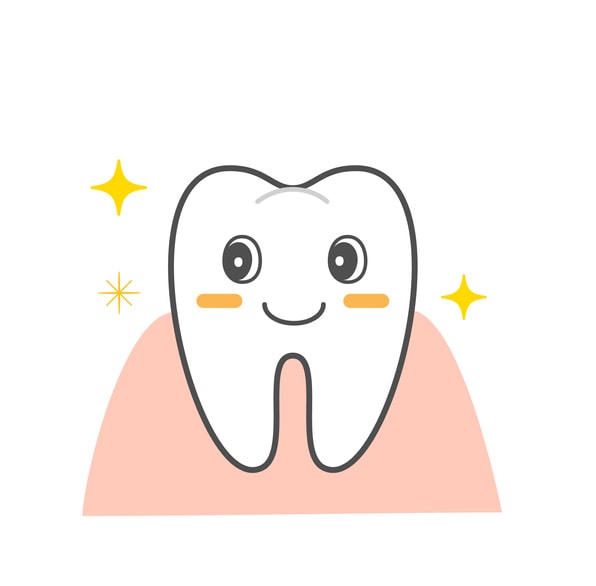
Often, a rough tooth brushing technique is to blame for bleeding gums, but low vitamin C levels can cause bleeding gums, as vitamin C supports wound healing and acts as an antioxidant. If you wonder what do vitamins do for the body, vitamin C is a micronutrient superstar, as it supports your immune system, protects against cellular damage and generally keeps you tip-top. Vitamin C deficiencies are most common in people who don’t eat enough fruit and vegetables, so a healthy diet should be enough to maintain healthy levels of vitamin C.
Poor Night Vision and White Growths (Vitamin A)

Nutrient deficiencies can sometimes cause vision problems, and low levels of vitamin A are linked to night blindness, which affects your ability to see in low light and darkness. If left untreated, this can lead to blindness, so vitamin A is one of the most important vitamins to take for your long-term health. Fortunately, vitamin A is a fat-based vitamin, meaning your body can store it in reserve, and vitamin A deficiencies are rare in the USA.
Scaly Patches and Dandruff (Zinc and B Vitamins)

Dandruff and Seborrheic dermatitis (SB) are similar skin disorders that affect your scalp, face, armpits and groin and are very common during infancy, puberty and mid-adulthood. Dandruff can be caused by various factors, such as hormone and nutritional issues, though it is linked to low blood levels of zinc, Vitamins B3, B2 and B6, so make sure you get enough of the vitamins your body needs to reduce your chances of dandruff.
What Vitamins Do You Need in Your Body Every Day?
All vitamins can be divided into two main groups: fat-soluble and water-soluble vitamins. Fat-soluble vitamins can be stored in our body fat, meaning our bodies can maintain ‘reserves’, and we don’t need to take them daily. In contrast, water-soluble vitamins are regularly purged from our body in the *ahem* water we expel, so you need to keep them topped up daily.
Vitamins A, D, E and K are all fat-soluble, so you don’t need to take them every day, while all the other vitamins (mainly vitamin C and B Complex) are water-soluble. To help you stay topped up with the best vitamins for your body, here is a list of all the vitamins you need daily:
Vitamin B1 (Thiamine)
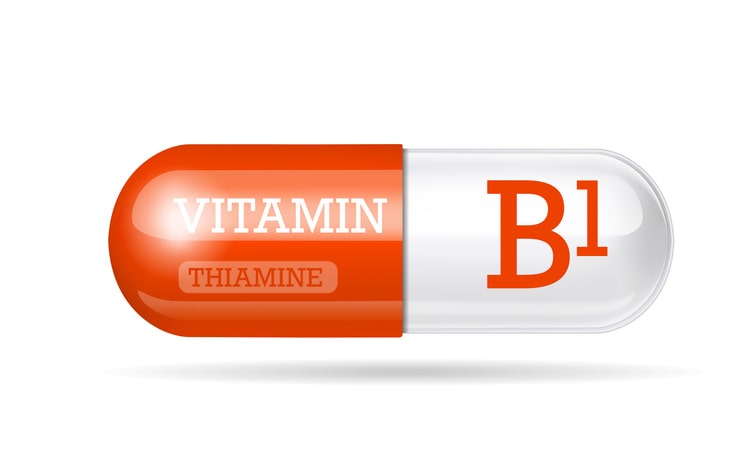
Thiamine, or vitamin B1, was the first B vitamin scientists discovered and helps your body turn food into energy, as it enables the production of a molecule that transports energy within cells.
Vitamin B2 (Riboflavin)
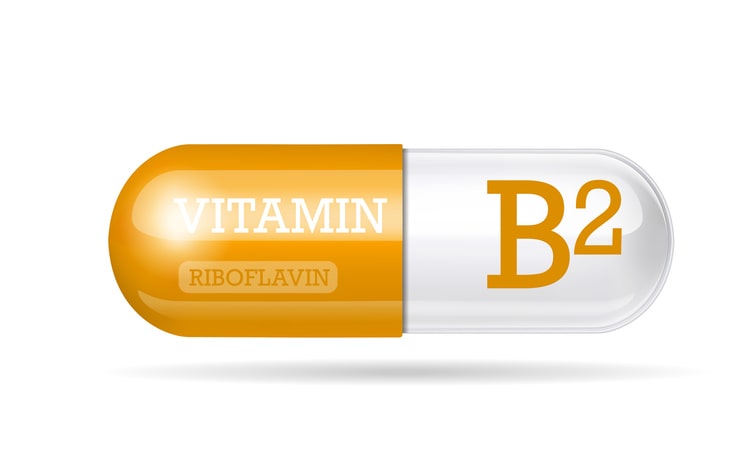
Riboflavin, AKA vitamin B2, helps break down protein, fat and carbs and supports the production of ATP, which is vital for storing energy in muscles like other B vitamins that are good for you.
Vitamin B3 (Niacin)
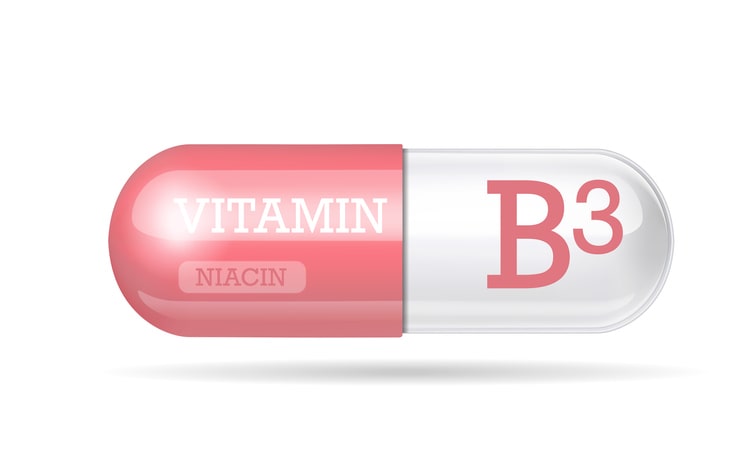
Like the other B-vitamins, Niacin (B3) helps your body use proteins and fats and supports healthy skin, hair and nervous system, making it one of the most common vitamins in hair supplements.
Vitamin B5 (Pantothenic Acid)
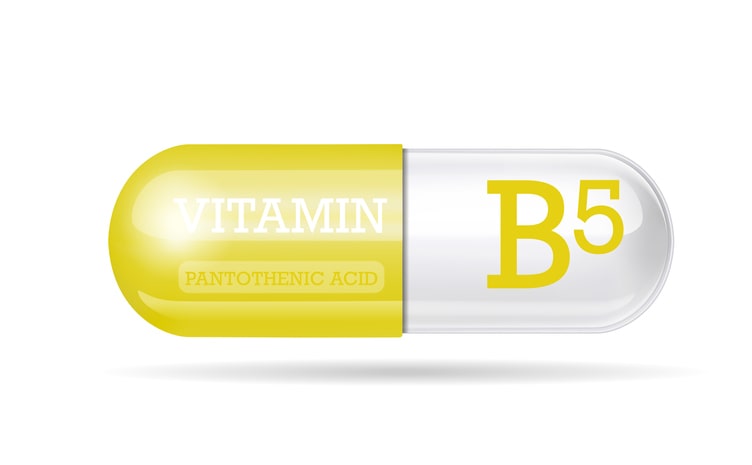
Pantothenic acid is one of the most important vitamins, as it’s necessary for making blood cells and helps convert food into energy, so you should add it to your list of what vitamins do I need daily right now.
Vitamin B6 (pyridoxine)
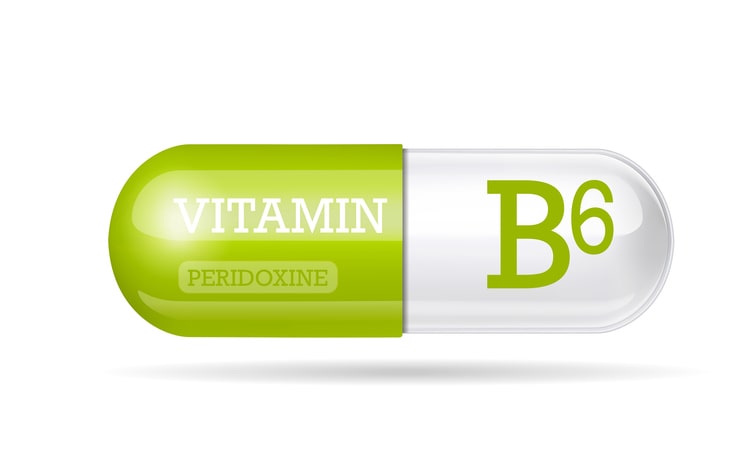
Vitamin B6, sometimes known as pyridoxine, is essential for energy and blood cell production and may even support your mental health, according to some studies.
Vitamin B7 (Biotin)
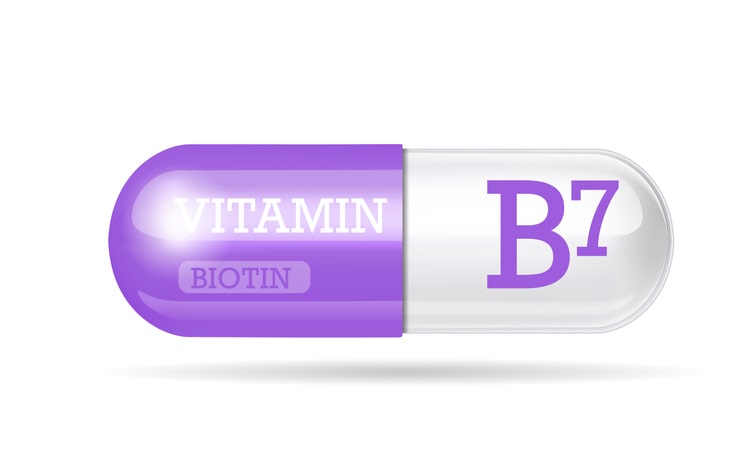
Vitamin B7 is essential for metabolizing fats, carbs and proteins and helps maintain healthy pregnancies, making it a great recommendation for any expecting mothers wondering what vitamins do for the body.
RELATED: Biotin may also support healthy hair and skin – read our blog on how Biotin may help your hair growth to learn more.
Vitamin B9 (Folate)
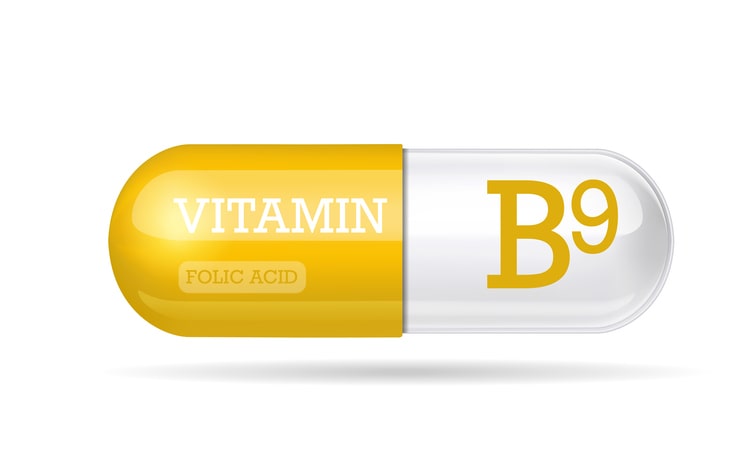
Folate or vitamin B9 is one of the most important vitamins to take when pregnant or young, as it is critical during rapid growth and helps to form DNA and RNA. Its alternative form – folic acid – is better absorbed than natural folate, so look for folic acid supplements for the best results.
Vitamin B12 (Cobalamin)
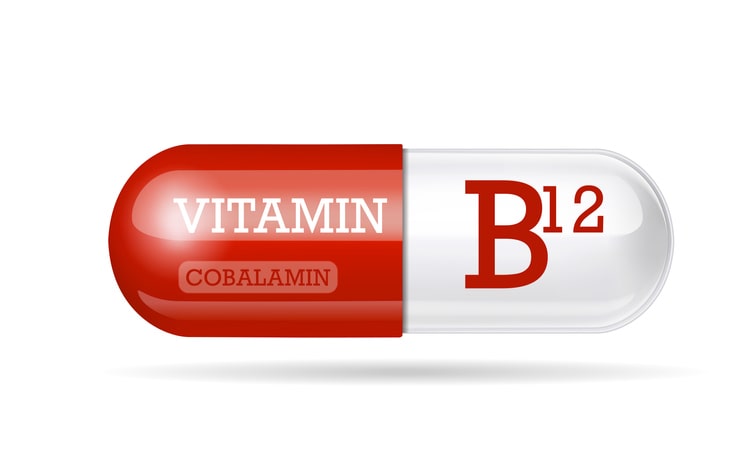
Last of the B vitamins but not least, vitamin B12 (also known as cobalamin) helps your body create red blood cells, synthesize DNA and RNA and produce hormones, so don’t forget number twelve when thinking of what vitamins your body needs.
Vitamin C
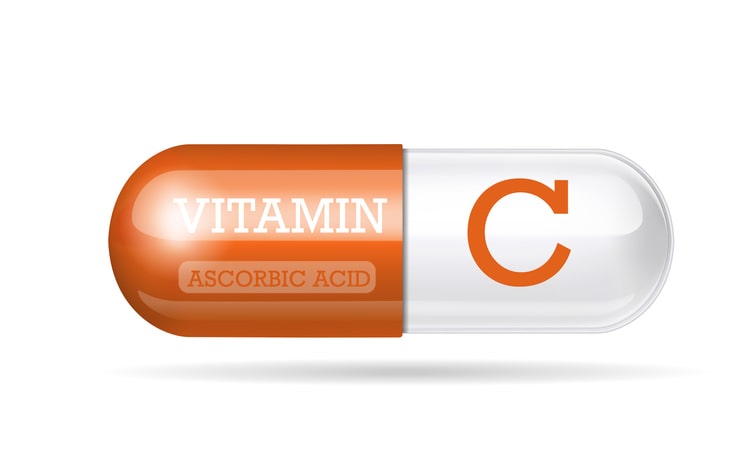
Vitamin C (also known as ascorbic acid in its man-made form) is a powerful antioxidant with many powerful health benefits, including immune support and eye health.
What Is the Most Needed Vitamin in the Body?
Asking what vitamin is the most important is a bit like asking which part of a car is essential – unless everything is present and working, the whole machine tends to fall apart. Similarly, staying healthy is all about balancing your nutrient intake and maintaining healthy levels of all the vitamins, minerals and other nutrients you need to survive and thrive.
Therefore, we cannot recommend any one vitamin for overall health, as a deficiency in any other nutrient has the potential to undo any health benefits from the so-called best vitamins for body. For the best results, you should do your best to eat a balanced diet with plenty of vitamins and minerals, exercise regularly, and take supplements to address any specific deficiencies, rather than rely on one single vitamin for your health.
Is It Better to Take a Multivitamin or Individual Vitamins?
Dietary supplements are a great way to get the vitamins and minerals you can’t get from your diet and lifestyle alone, but there are more than 90,000 different supplements, so it can be tough to choose the right ones for your health needs. Fortunately, there are a variety of multivitamins designed to deliver the recommended dosage of vitamins that are good for you, so you can get the micronutrients you need in one convenient pill.
However, most multivitamins contain a generic blend of the most common vitamins rather than the balance of nutrients that you need, making them jacks of all trades and masters of none, so to speak. The best approach is to take a carefully tailored blend of the vitamins you need, but this is costly and time-consuming, so it’s generally best to take a balanced multivitamin and try to get the missing nutrients from your diet.
Can I Take 5 Different Vitamins at Once?
Not only can you safely take 5 vitamins at once, we strongly recommend taking the nine water-soluble vitamins regularly to maintain healthy levels. With the exception of some vitamins, which can interfere with the absorption of others, or interact with medication, vitamins are perfectly safe to take, even if you take multiple ones at once.
As long as you stay within safe dosages and ask your doctor about interactions with any medication, all you have to remember is what vitamins do I need daily and ‘did I take my vitamins this morning?
What Are the 13 Vitamins Your Body Needs?
and while it would take far too long to explain what vitamins do for the body, we can list them for you. In addition to the nine water-soluble vitamins listed above, you need to maintain healthy levels of the four fat-soluble vitamins; A, D, E and K:
Vitamin A
Vitamin A is essential for your health, supporting vision, immune function and cell growth. It also acts as a potent antioxidant and is vital for fertility and fetal development, making it one of the most important vitamins to take when trying to conceive.
Vitamin D
Vitamin D is crucial for immune support, mental health, and bone health, as it helps your body regulate calcium and phosphorus. Additionally, vitamin D is one of the best vitamins for body health in older women, as it decreases their chances of contracting osteoporosis.
Vitamin E
Vitamin E has powerful antioxidant benefits and can improve heart and liver health by lowering blood pressure and regulating liver enzymes. While it isn’t one of the most common vitamins, vitamin E has many health benefits and can be found in certain nuts and seeds, so you may be able to maintain healthy levels with your diet alone.
Vitamin K
Vitamin K plays an important role in coagulation (blood clotting), and some scientists believe it helps your bones grow and stay healthy, though that link is not well-established. Fortunately, vitamin K deficiencies are rare, and the symptoms – such as bruising easily – tend to cause concern, so they are more likely to be treated early on.
One more time, and listed alphabetically for convenience, here are the 13 essential vitamins that are good for you:
Conclusion
While nutrition can seem highly complicated, as long as you try to eat healthily and listen to your body, it’s relatively easy to get the vitamins your body needs. Keep an eye out for the common symptoms of vitamin deficiencies and try to include plenty of vitamin-rich foods (mainly fruit and vegetables) in your diet, and you should be able to resolve or greatly decrease your symptoms.





